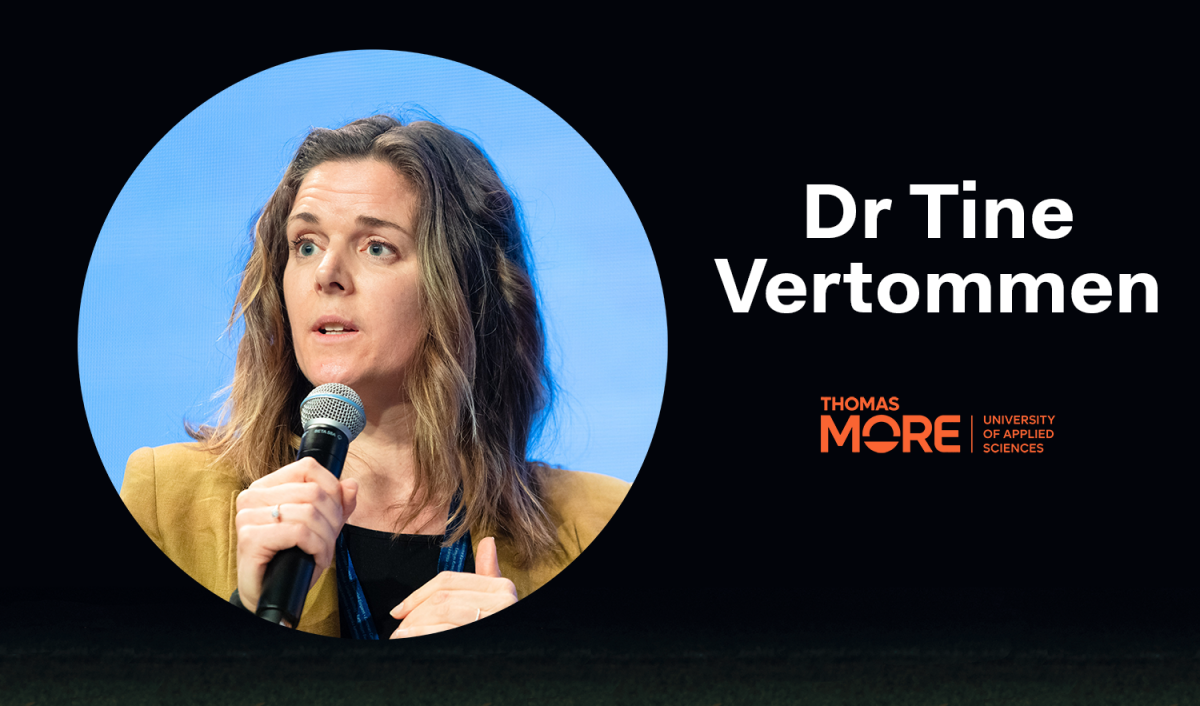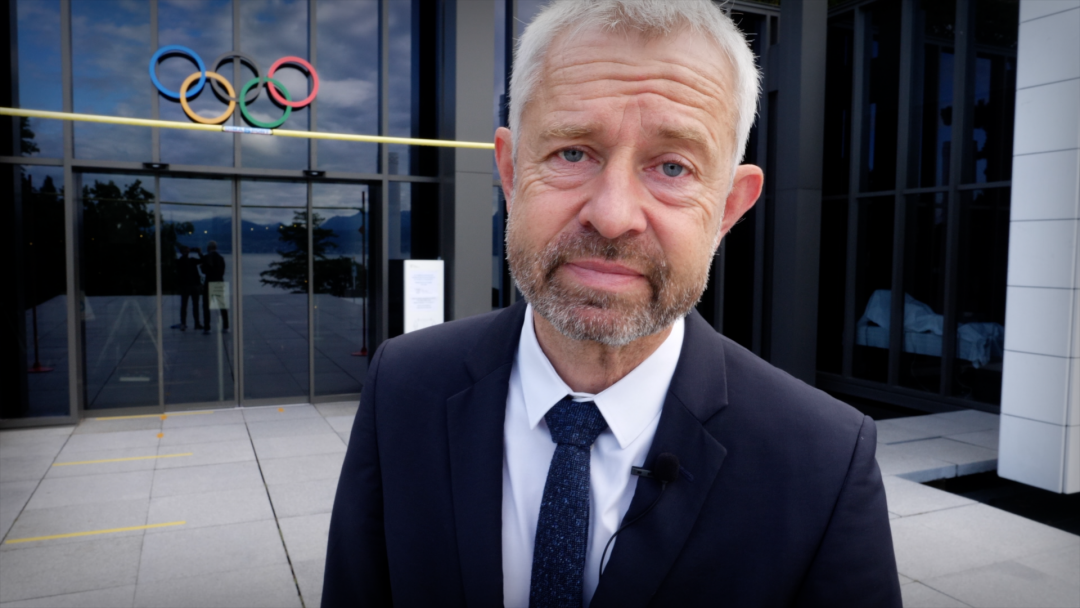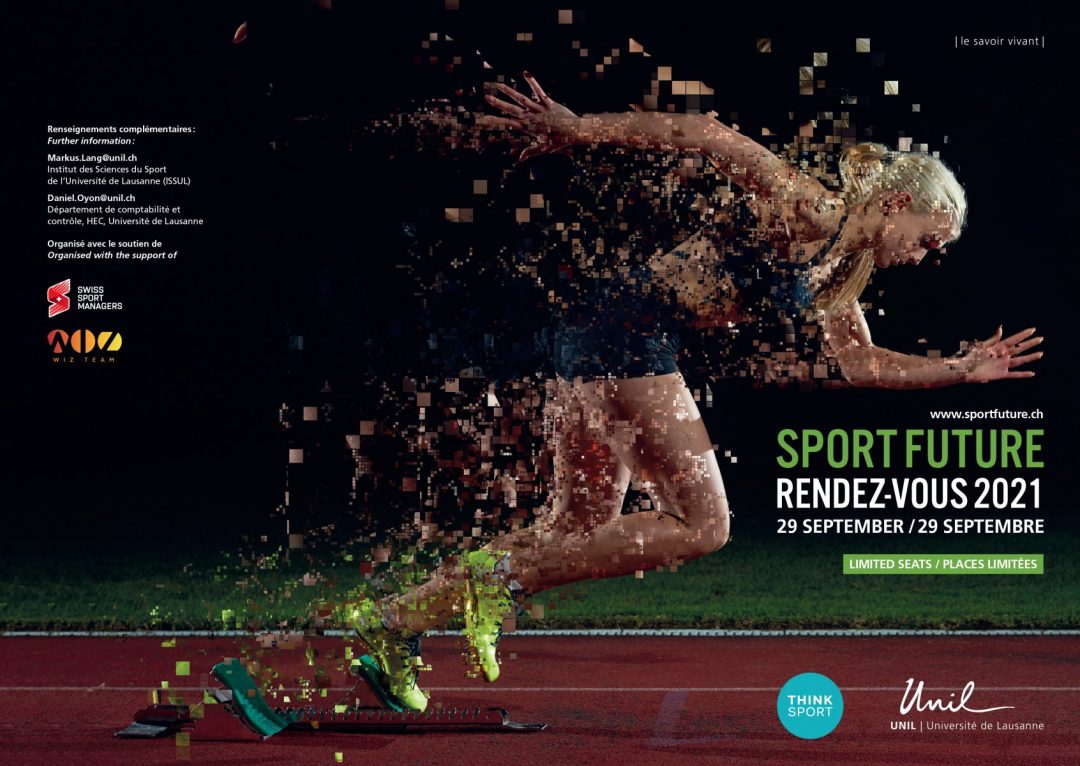It’s only a month to go to this year’s edition of Sport Future Rendez-Vous, which will take place on 28 September in Lausanne. In focus: the pressing topic of gender-based violence in sport. We caught up with one of the speakers, Dr Tine Vertommen, a criminologist and a researcher on safeguarding and child protection at the Thomas More University in Belgium, to get a sneak preview on some important insights.
How have you been dealing with gender-based violence in sport as a criminologist?
As a former young elite athlete, I witnessed coach abusive behaviours in locker rooms in the 1990s, before these things were discussed in the world of sports. This triggered my interest, as I could not process or understand why coaches would treat their athletes in a harmful way, believing this improved performance.
As a criminologist, I study the norms and values in our society and when/why/who transgresses those boundaries, how often this happens and what we can do to prevent it. We look at individual risk and protective factors, but also at interpersonal, organisational, community and societal factors because this behaviour doesn’t happen in a vacuum.
While being a criminologist, I prefer to use a public health approach, starting with defining the problem, measuring the magnitude, then identifying the risk and protective factors, developing prevention interventions, validating the intervention and then implementing them at a broad scale.
What are your observations on recent trends in this field?
There is significantly more attention to violence, harassment and abuse in society and in sport since the #metoo movement and public disclosures. The willingness in sport organisations to take up the issue, develop policy and response mechanisms has been slow, but is now increasing. Sometimes this change only happens ‘on paper’, but more and more organisations are truly understanding the need for safeguarding. Moral leadership remains key to push organisational change. Likewise, meaningful engagement with the athlete’s voice is absolutely crucial in this matter.
What can sport organisations do to eradicate gender-based violence? What else needs to happen?
It needs to start with acknowledging the topic and making a clear policy statement. Then it’s important to create a comprehensive safeguarding strategy with prevention and response mechanisms. It’s also essential to consult with the key stakeholders, including athletes, coaches, parents and entourage, and to focus on continuous education. Recourse and remedy procedures must be in place. Then, keep monitoring the problem by keeping track of the number and characteristics of reported incidents, collaborate with researchers, study the effectiveness of implemented measures, and continuously evaluate and adapt the programme.
About the event
Jointly organised by ThinkSport and the University of Lausanne (UNIL), the 2023 edition of Sport Future Rendez-Vous will take place on 28 September from 5pm to 7.30pm at the Synathlon Building on the University of Lausanne campus, Switzerland. Other speakers will include Kirsty Burrows, Head of the Safe Sport Unit at the International Olympic Committee; Ashley Ehlert, Deputy General Secretary and Legal Director of the International
Ice Hockey Federation; and Lombe Mwambwa, Research Director at the Global Observatory for Gender Equality & Sport. Click here to learn more and to save your place. Participation is free, with mandatory registration.


